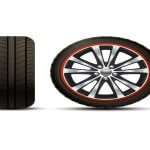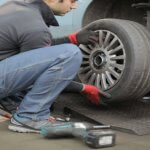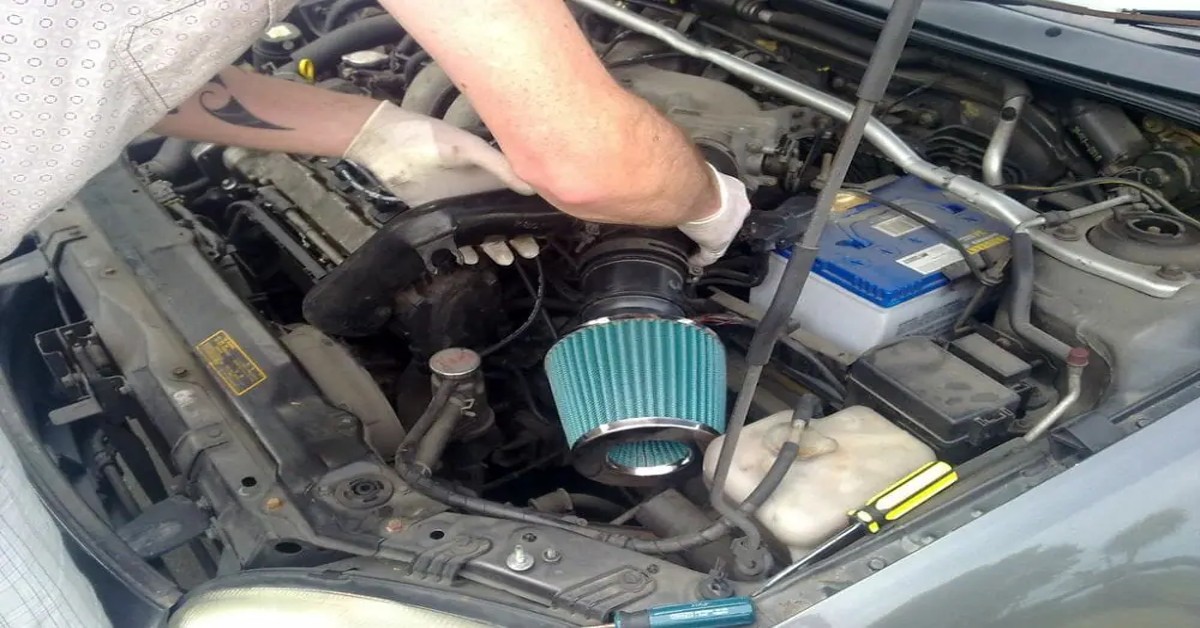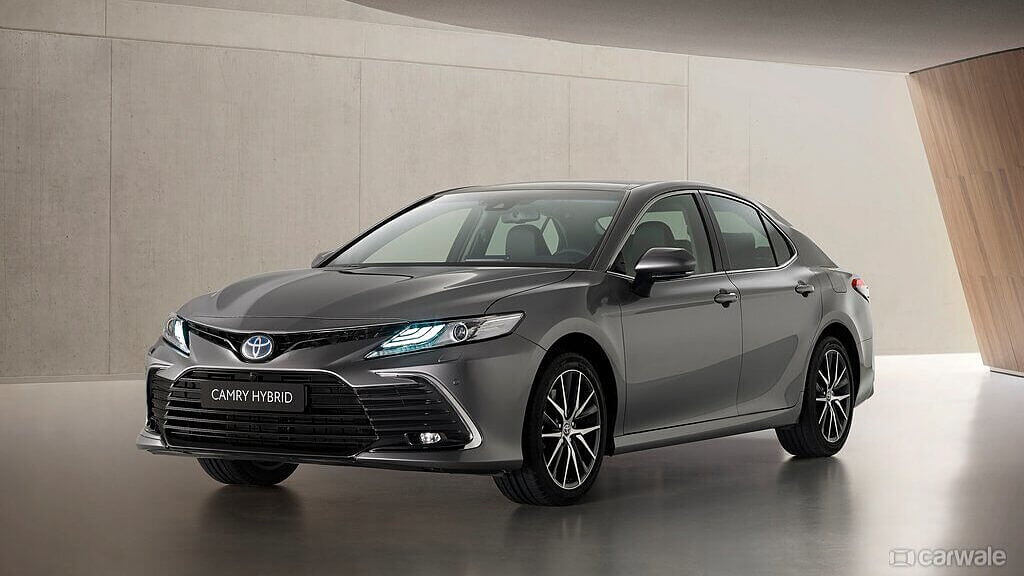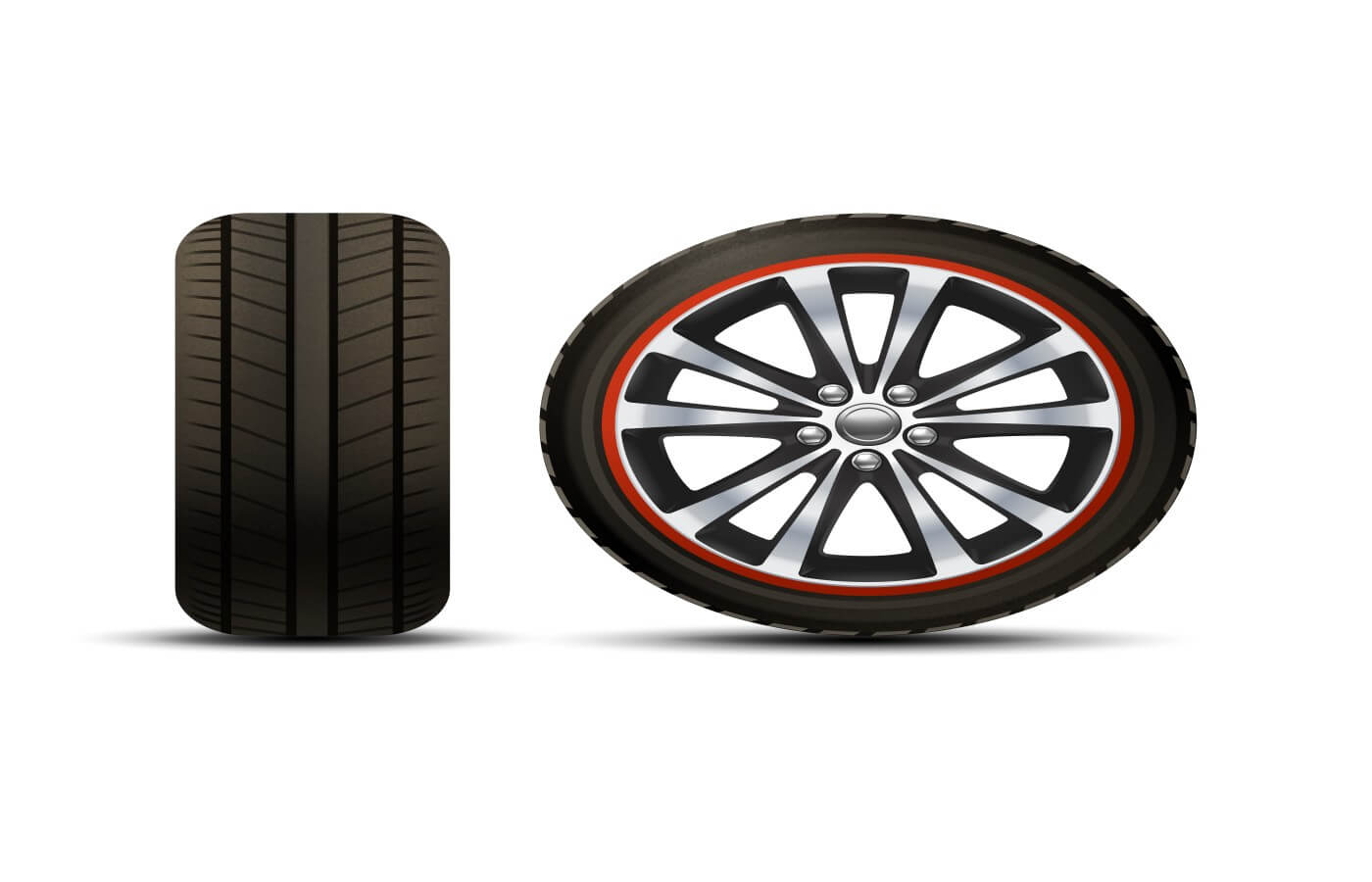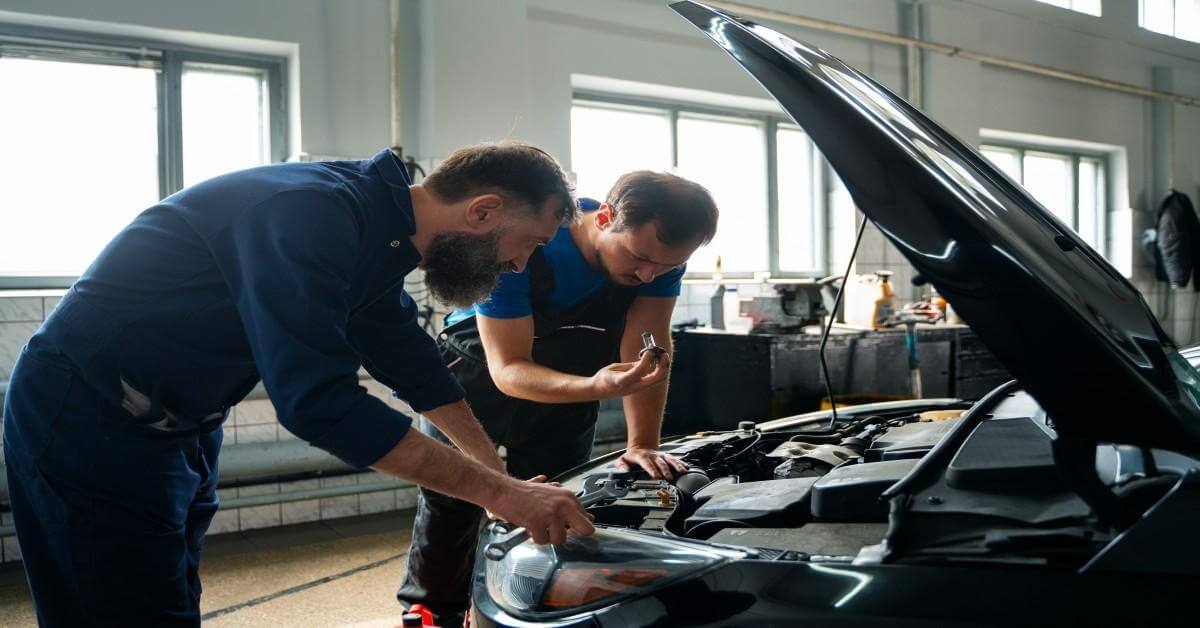Oil is not something you should typically find in your air filter. The air filter in a car is supposed to catch contaminants and debris while the oil is meant to circulate around the engine to lubricate the moving parts, both working independently and without any overlap.
For some oil to be found in the air filter is not a serious problem by itself, however, it can indicate certain underlying problems that aren’t related to your air filter or the engine oil.
Such problems can be hard to diagnose without proper equipment and can affect the long-term health of your engine.
So what causes engine oil to get in the air filter? The most common reason to answer here would be “blow-by”.
During the combustion process, the compressed gasses released often find their way down to the lower part of the engine called the crankcase. Also known as the oil pan,
it is where the engine oil is stored making the leakage of gasses a potential risk as they can quickly and rapidly contaminate the engine oil and even cause the build-up of sludge.
To circumvent this problem, the crankcase ventilation system comes into play. The positive crankcase ventilation system is designed to pull these gasses from the crankcase and re-enter them in the air intake system using a special one-way valve.
This ventilation system manages the effective removal of combustion gases between the piston and liner while allowing a very small amount of oil to escape past the pistons. Such a small blow-by is completely normal.
But when there are underlying problems within the crankcase ventilation system it could lead to a bigger leak and cause the engine oil to slip past into the air filter.
Now that you know how oil might waft in your air filter, let’s delve in deeper to discuss some of the reasons why this happens, what might be the symptoms it, the potential effects on your engine, and what you need to do.
Table of Contents
Blocked PVC (Positive Crankcase Ventilation) System
The role of the crankcase ventilation system is to route the flow of gases back into the air intake system so it does not affect the engine oil.
, in addition to this, the PCV system also keeps the crankcase from getting pressurized and helps curb the entry of engine oil by pulling the blow-by gasses using a rubber vacuum hose inside the oil container.
However, eventually, as the PCV Valve accumulates dirt and particles it becomes clogged, rendering it unable to perform its functions efficiently. And though it will remove gasses it might also pull out more engine oil than normal.
You might experience a reduced gas mileage in the early stages of PCV blockage but it soon can manifest in various other problems as well. The removal of excess engine oil along with its contamination by the gasses can cause issues like engine overheating, air filter clogging,
oil contamination, etc if you notice your air filter to be saturated with engine oil along with other signs such as the reduced fuel economy, it is recommended to have the intake valve replaced by a professional mechanic.
Worn Piston Rings
Another common way the engine oil can find its way to the air filter housing is through worn piston rings. These rings are directly responsible for regulating the consumption of engine oil and the pressure at which it moves in the engine bay.
Piston rings are attached around the diameter of the pistons to help seal the combustion chamber so gases do not leak out to the crankcase.
However, they do allow a certain amount of engine oil to pass in order to lubricate the vital internals of the combustion chambers.
When these rings wear out their compression force declines significantly allowing the leakage of more engine oil than required.
The leak in engine oil from worn piston rings is often accompanied by poor acceleration and distinct white smoke coming from the tailpipe. If you notice such an issue, having new piston rings installed would solve the problem.
Clogged Oil Passages
Lastly, the oil leak to the air filter housing can also occur due to contaminated engine oil. This either happens due to a lack of maintenance or just by the gasses that have failed to vent out.
When the engine oil gets old and saturated with dirt, it develops a tendency to stick, leaving residues along the oil passages as it lurches around.
This causes the oil passages to get clogged and makes it difficult for the oil to flow efficiently.
Clogged oil passages also create excessive pressure around the channels which again cause the blow-by effect to pull more engine oil than necessary.
The symptoms of a clogged oil passage are not very clear and scanning for them might not be easy for everyone.
However, If your oil passages are indeed clogged, A mechanic will recommend a complete engine flush as it will not be solved by a mere oil replacement.
Conclusion
Though finding oil in your air filter will not cause major issues in the immediate moment, it can however lead to severe engine issues later down the line and might also cause your emissions to worsen.
So getting it fixed as soon as when first observed is a good idea.



